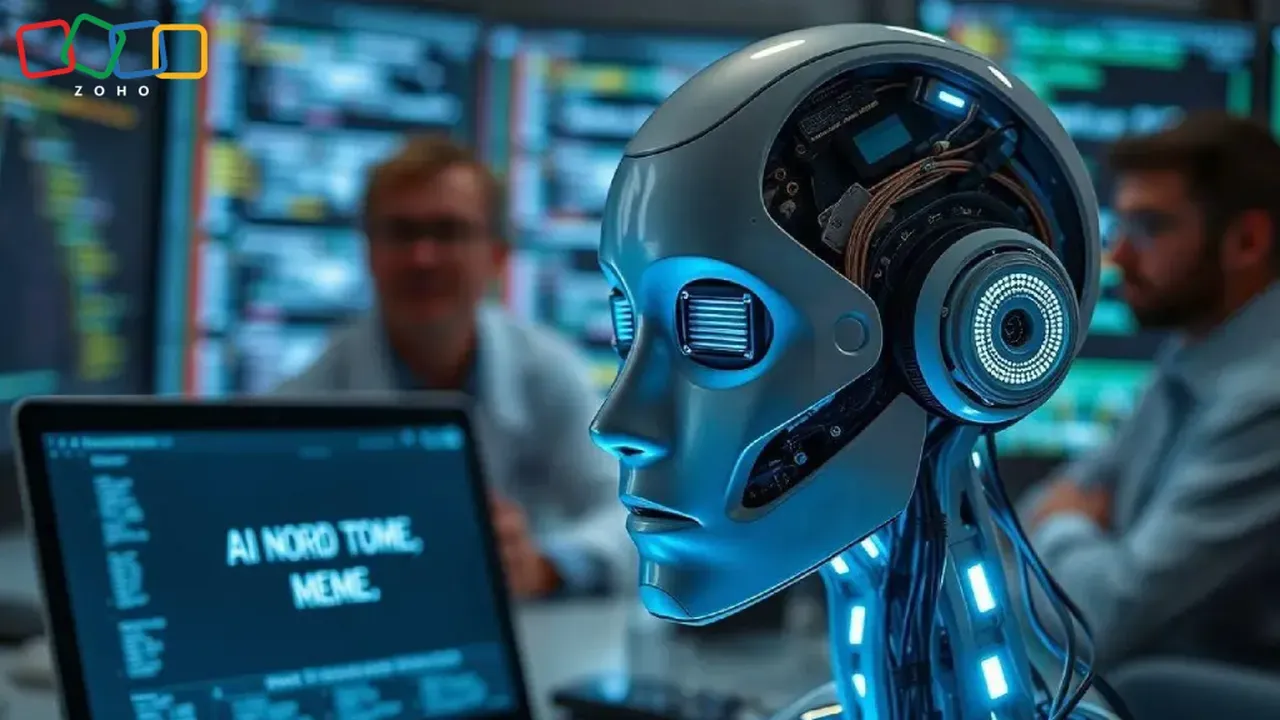In a world where artificial intelligence is advancing by leaps and bounds, the question of the future of human professions is more acute than ever. Particular attention is focused on software development, where AI tools capable of generating code are already demonstrating impressive capabilities. On May 18, 2025, the authoritative publication The Economic Times published the opinion of Sridhar Vembu (Zoho), founder and visionary of Zoho Corporation, who is not afraid to face the truth: according to his forecasts, Large Language Models (LLMs) and associated tools could indeed take over up to 90% of code writing. However, in his view, this does not mean the complete disappearance of the programming profession, but rather its profound transformation.
Sridhar Vembu, who stepped down from Zohos operational management in January 2025 to focus on research and development, including in AI, approaches this issue from a philosophical standpoint. He refers to Frederick Brooks classic work "The Mythical Man-Month," distinguishing between "essential complexity" and "accidental complexity" in programming. According to him, "When people say AI will write 90% of the code I readily agree because 90% of what programmers write is boilerplate." It is this "accidental complexity" – routine, repetitive tasks, writing standard code blocks – that AI can efficiently automate.
However, "essential complexity," which requires a deep understanding of the problem, a creative approach, innovative thinking, and the creation of fundamentally new algorithms and architectures, remains, in Vembus opinion, a human prerogative for now. AI excels at processing and applying existing patterns, but the question of its ability to independently create entirely new ones remains open. Thus, the role of the future programmer is shifting from simple coding to solving more complex problems: system design, defining business logic, ensuring quality and security, as well as the ability to effectively manage AI tools and integrate them into workflows.
Vembu also warns of an impending "productivity revolution" in software development, driven by the "LLMs + tooling" combination, and calls on the industry to prepare for these changes. This could mean that the current dominant position of software developers in terms of income compared to engineers in other specialties (mechanical, civil, etc.) is not an "inherent right" and may change. At the same time, he treats alarmist predictions of immediate mass job cuts due to AI with some caution, pointing to studies that show a limited current impact of AI on the labor market as a whole, but acknowledges that future changes are inevitable.
The key takeaway from the opinion of Sridhar Vembu (Zoho) is the need for continuous learning, upskilling, and adaptability for everyone involved in software development. The emphasis is shifting towards developing problem-solving skills, critical thinking, and the ability to work in tandem with AI, using it as a powerful tool to reach new heights, rather than viewing it as a threat. The future of software development, it seems, will belong to those who can effectively combine human intelligence and creativity with the computational power of the artificial.
